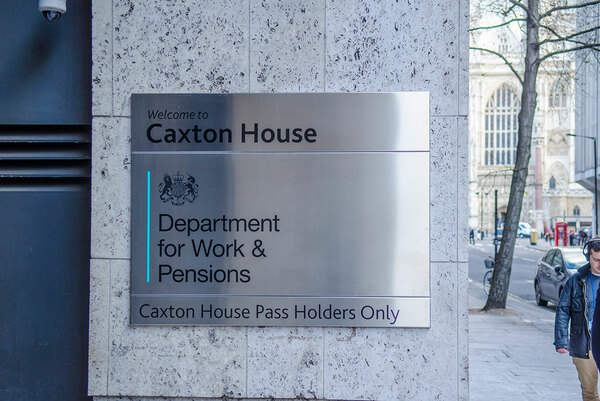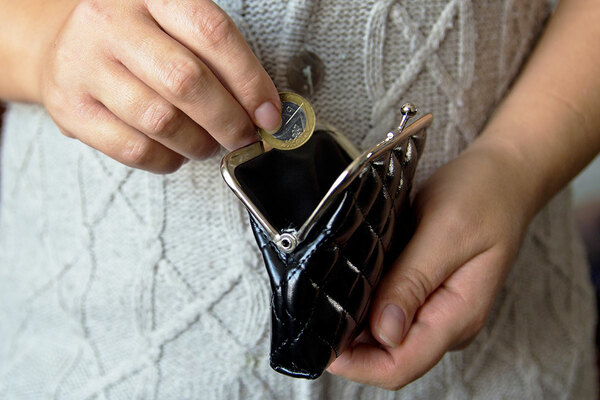You are viewing 1 of your 1 free articles
Universal Credit payment date regulations ‘irrational and unlawful’, Court of Appeal rules
Universal Credit payment period regulations are irrational and unlawful, the Court of Appeal has ruled, dismissing the government’s attempt to overturn a previous judgement in favour of four working single mothers.
Rules governing the six-in-one benefit system fail to take into account that paydays for people on monthly salaries can vary because of weekends and bank holidays, three Court of Appeal judges have agreed.
The Department for Work and Pensions’ (DWP) failure to cater for “non-banking day salary shift” is unlawful, a judgement handed down on Monday said.
Ministers are now required to find a solution to the issue, which affects up to 85,000 Universal Credit claimants.
In January 2019, the High Court decided in favour of four working mothers who argued that Universal Credit rules meant their incomes fluctuated significantly from month to month and caused major cash flow struggles.
One of the women, Danielle Johnson, is paid for her job serving school dinners on the last working day of each month while her Universal Credit assessment period runs from the last day of the month to the penultimate day of the following month.
That means when her wages enter her bank account a day earlier because the last day of the month falls on a weekend, she is assessed as having earned double in one month and none in the next when her Universal Credit entitlement is calculated.
The issue meant that Ms Johnson lost the work allowance in several months, leaving her around £500 a year worse off and caused her to fall into rent arrears.
The Court of Appeal overturned the High Court’s decision that the DWP is misinterpreting its own Universal Credit regulations, but concluded the government acted irrationally by failing to find a solution to the “very specific problem”.
Lady Justice Rose agreed with the High Court’s assessment of the regulations as “odd in the extreme” and said the women’s situation was “perverse”.
She added: “The [work and pensions secretary] has put forward no reason why the date on which these respondents submitted their claim for Universal Credit should result in them losing a considerable amount of money each year for however long their entitlement lasts.
“In my judgment this is the most egregious aspect of the way the system works.”
She rejected the DWP’s claim that a fix would mean a wholesale move away from an automated system back to manual calculation and cost at least £7.35m.
Lord Justice Underhill said the issue “has a severely harmful impact, which they can do nothing to avoid, on very large numbers of vulnerable claimants”.
The court heard that the mothers had fallen behind on rent and council tax, incurred bank overdraft charges or became reliant on foodbanks.
Following the judgment, Ms Johnson said: “I find it unbelievable that the government has fought this case in the courts for so many years, it should not have taken the Court of Appeal to tell them something which is just a matter of common sense.”
A spokesperson for the DWP said: “We are carefully considering the court’s decision as part of our ongoing work.”
Ms Johnson was represented by Leigh Day solicitors, while charity Child Poverty Action Group acted on behalf of the other three mothers.
Sign up for our daily newsletter
Already have an account? Click here to manage your newsletters












